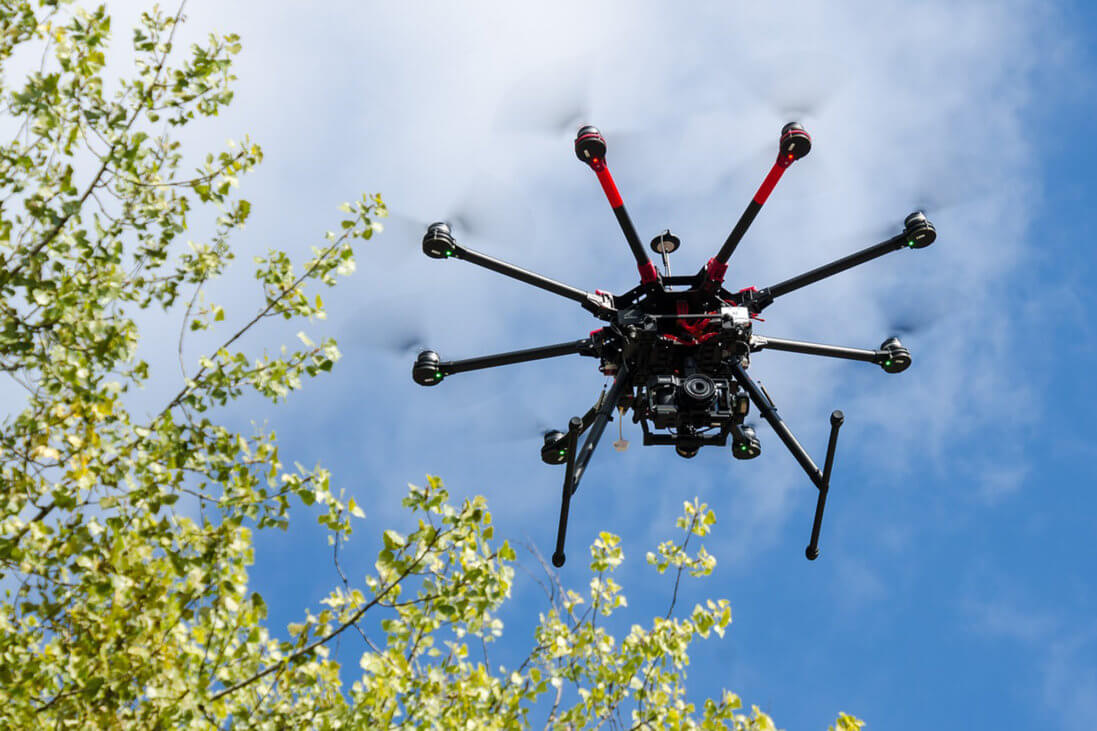
May 1, 2019
The FAA recently issued its first-ever air carrier authorization to an operator utilizing unmanned aircraft systems (UAS) for package delivery, marking a significant step not only toward integrating drones into the National Airspace System (NAS) but also for establishing a foundation supporting future aircraft operations that hold promise in business aviation applications.
Wing, a subsidiary of Google parent company Alphabet Inc., intends to begin drone cargo deliveries in Blacksburg, VA later this year. The city of approximately 45,000 residents is home to Virginia Polytechnic Institute and State University, which was selected as one of the FAA’s initial UAS test sites in 2014.
NBAA Director, Air Traffic Services and Infrastructure Heidi Williams said the announcement demonstrates the effectiveness and maturity of efforts, including the UAS Integration Pilot Program (UASIPP), a Department of Transportation program pairing private stakeholders with public entities to address technical, regulatory and policy challenges to safe UAS operations, and the still-evolving UAS Traffic Management (UTM) initiative.
UTM aims to create a separate low-altitude air traffic management infrastructure that safely integrates operations like UAS and other electric-powered vertical takeoff and landing (eVTOL) aircraft, including those that will eventually transport passengers.
“The Wing announcement is an important step toward integration of UAS and other next-generation aircraft into the NAS,” said Williams. “It will also provide much-needed data and proof-of-concept demonstrations toward normalization of such operations.”
For Wing, that normalization included educating Blacksburg residents about UAS flights and increasing their comfort level with seeing drones flying overhead at or below 400′ AGL. The process also included meeting requirements within the FAA’s existing regulatory structure and adapting those standards where necessary to the particulars of UAS operation.
“This sets the stage in the regulatory and oversight arenas for the future of urban air mobility,” said Mike Nichols, CAM, NBAA’s senior vice president, strategy and innovation. “It will be exciting to see how this process moves forward as we look toward the potential for eVTOL passenger-carrying operations supporting business aviation.”
Williams also emphasized the importance of the UAS IPP toward establishing a collaborative dialogue between all stakeholders.
“It has been extremely beneficial to engage state, local and regional entities with other members of their communities to resolve operational issues and address resident concerns about UAS and other next-generation aircraft designs,” she said.


 International Business Aviation Council Ltd.
International Business Aviation Council Ltd.